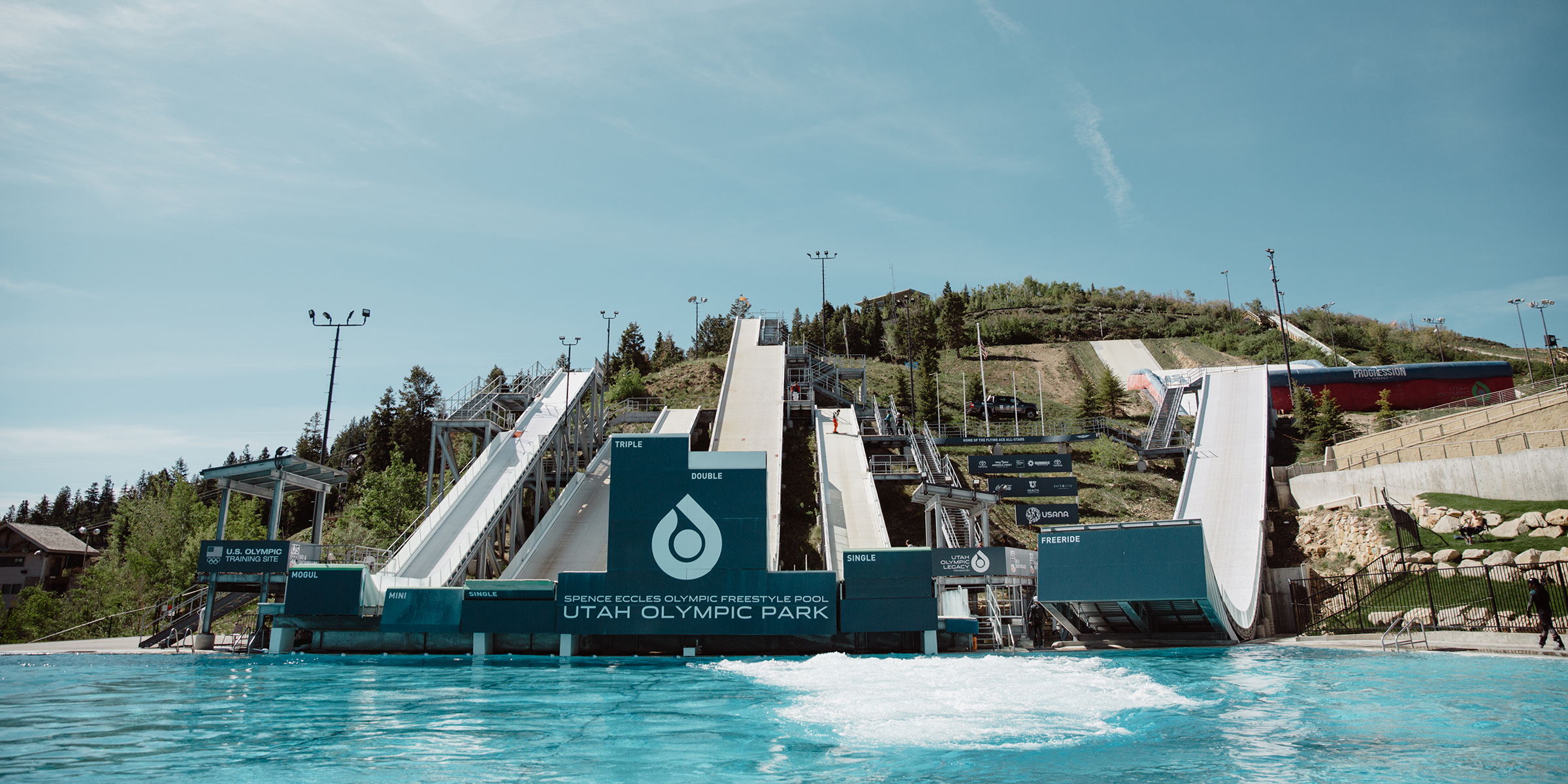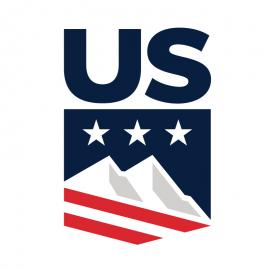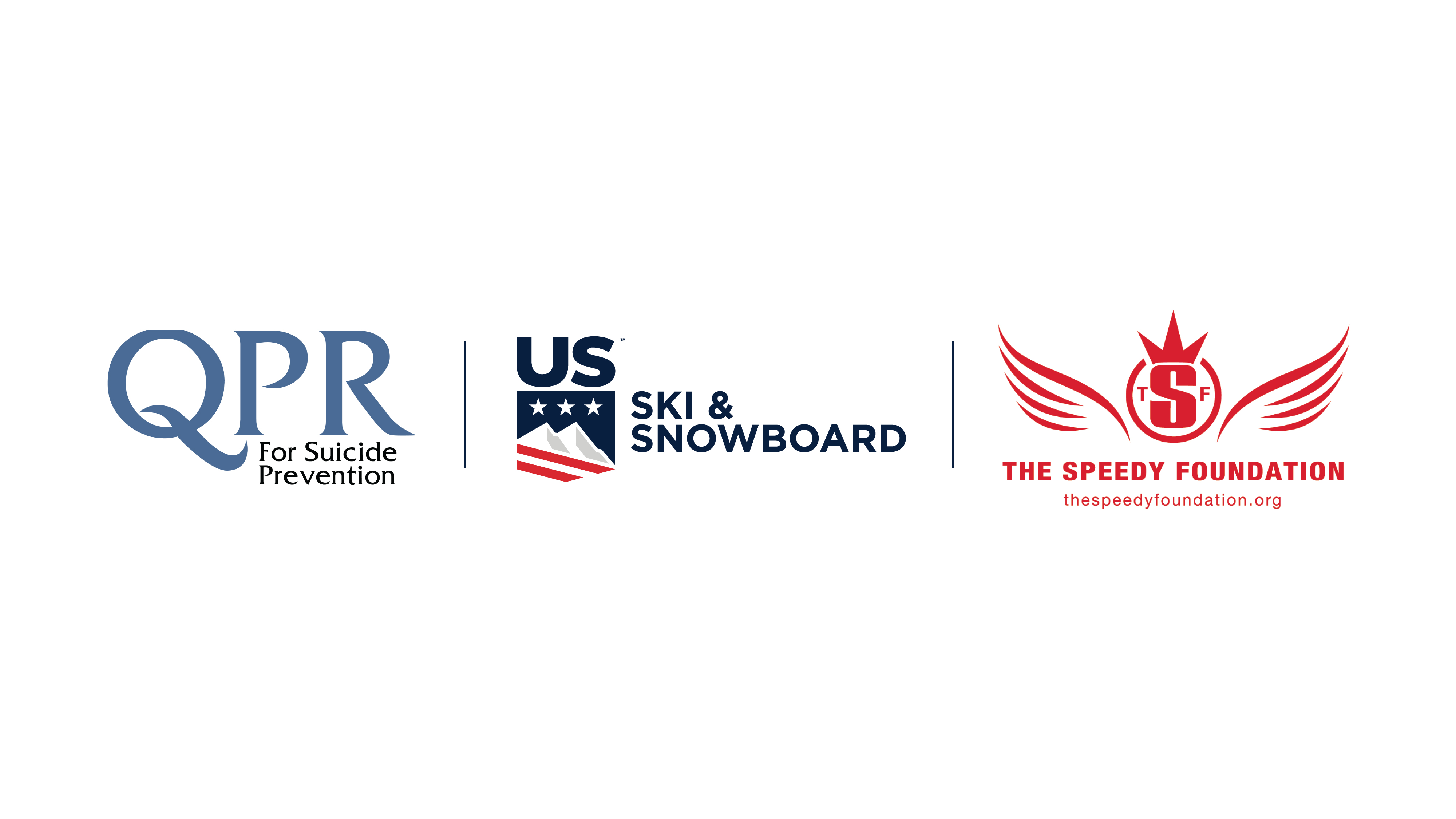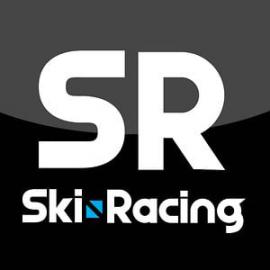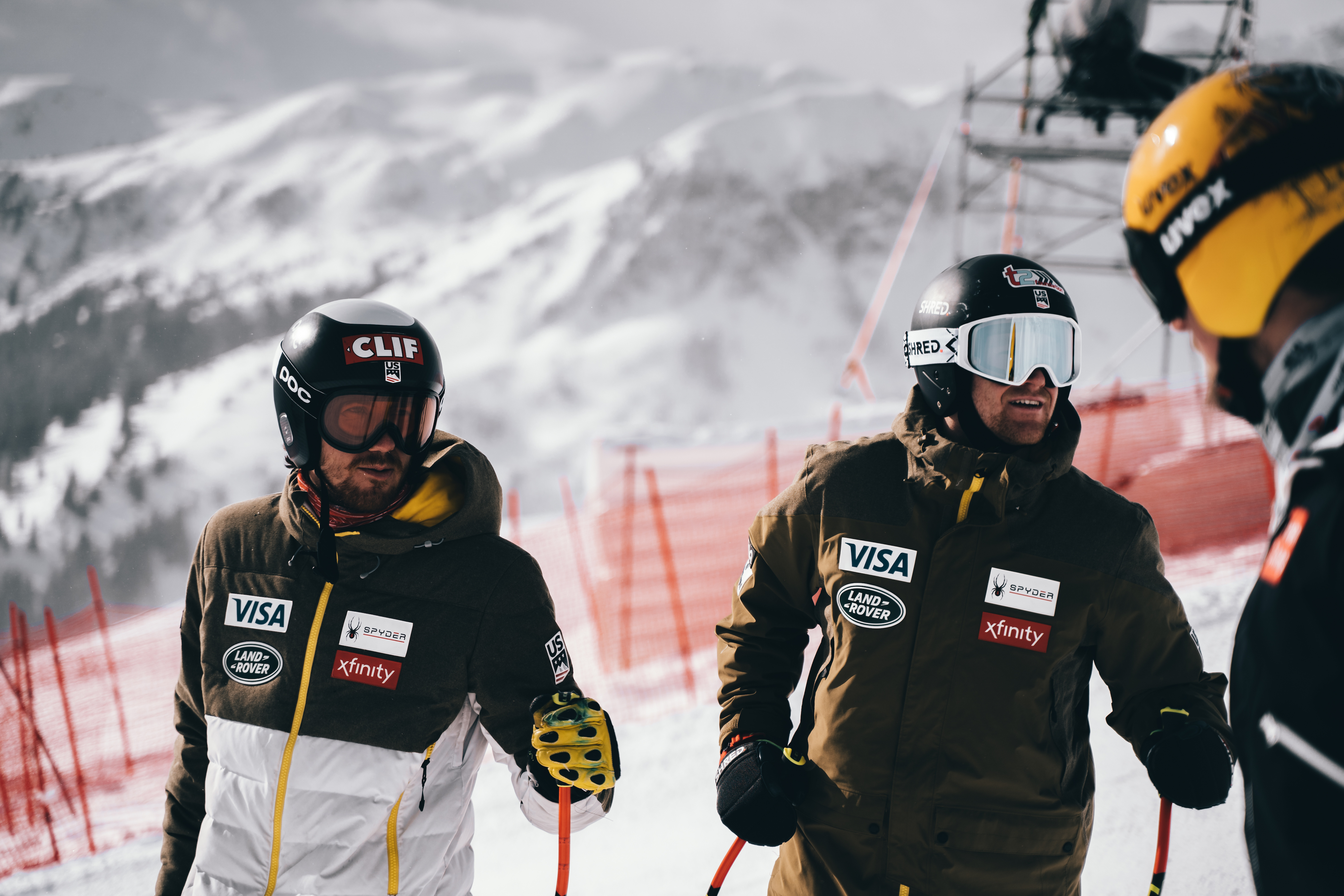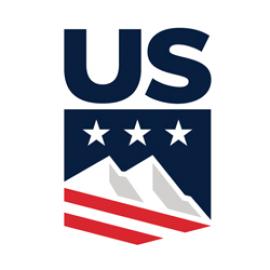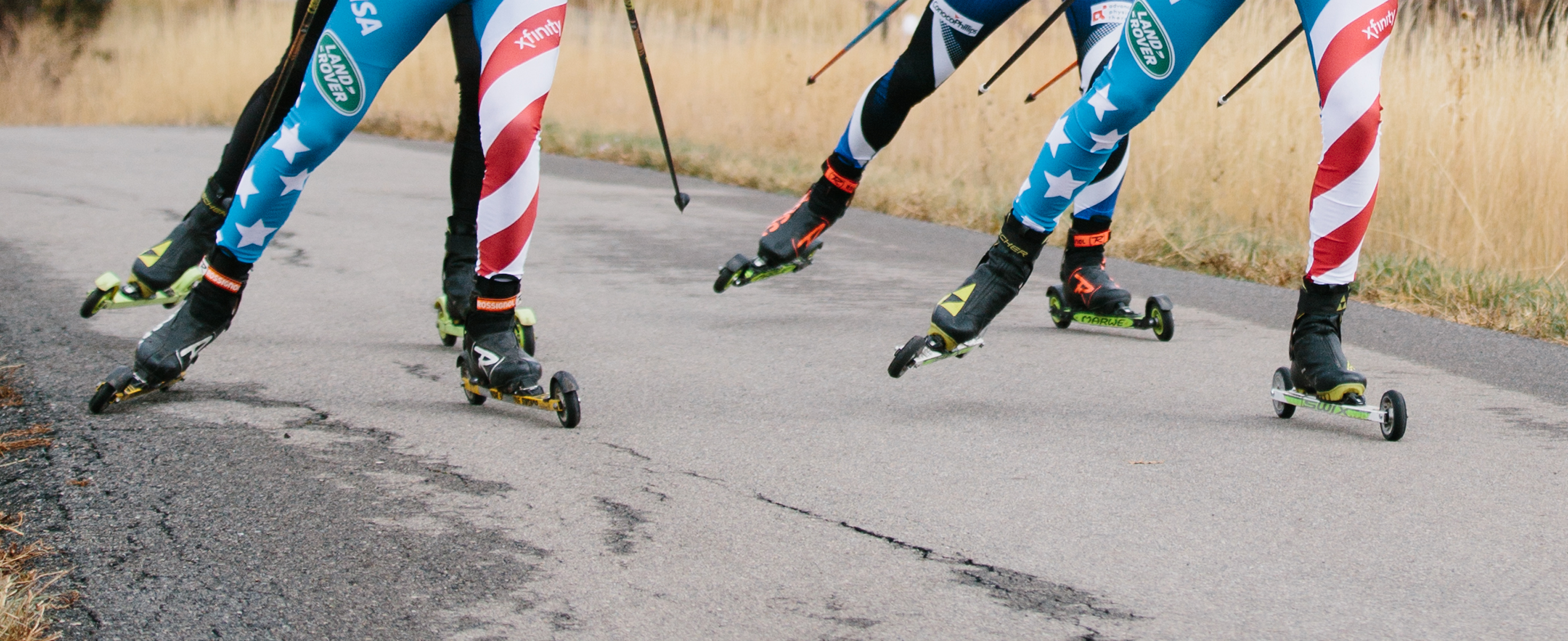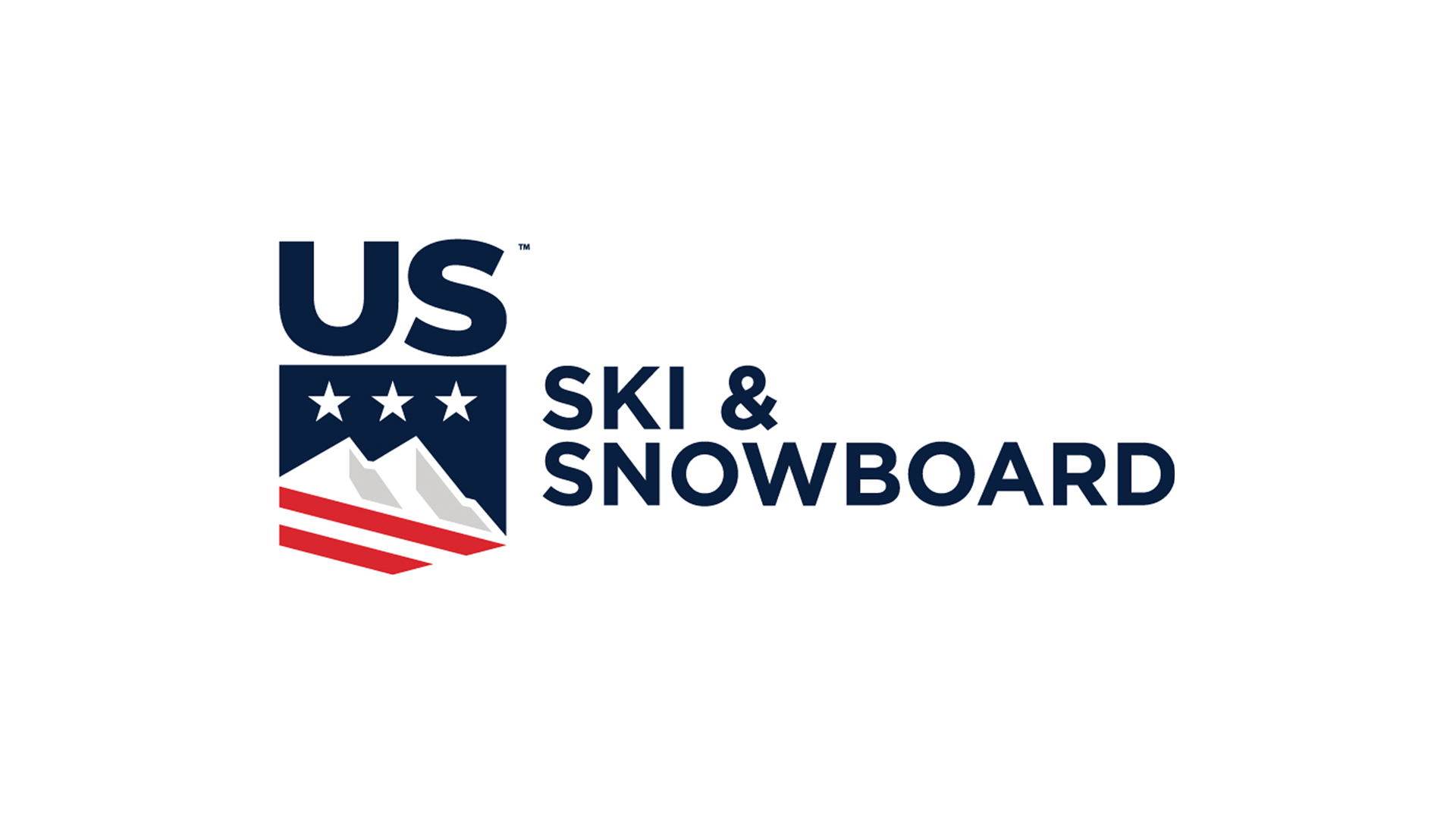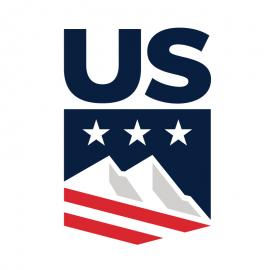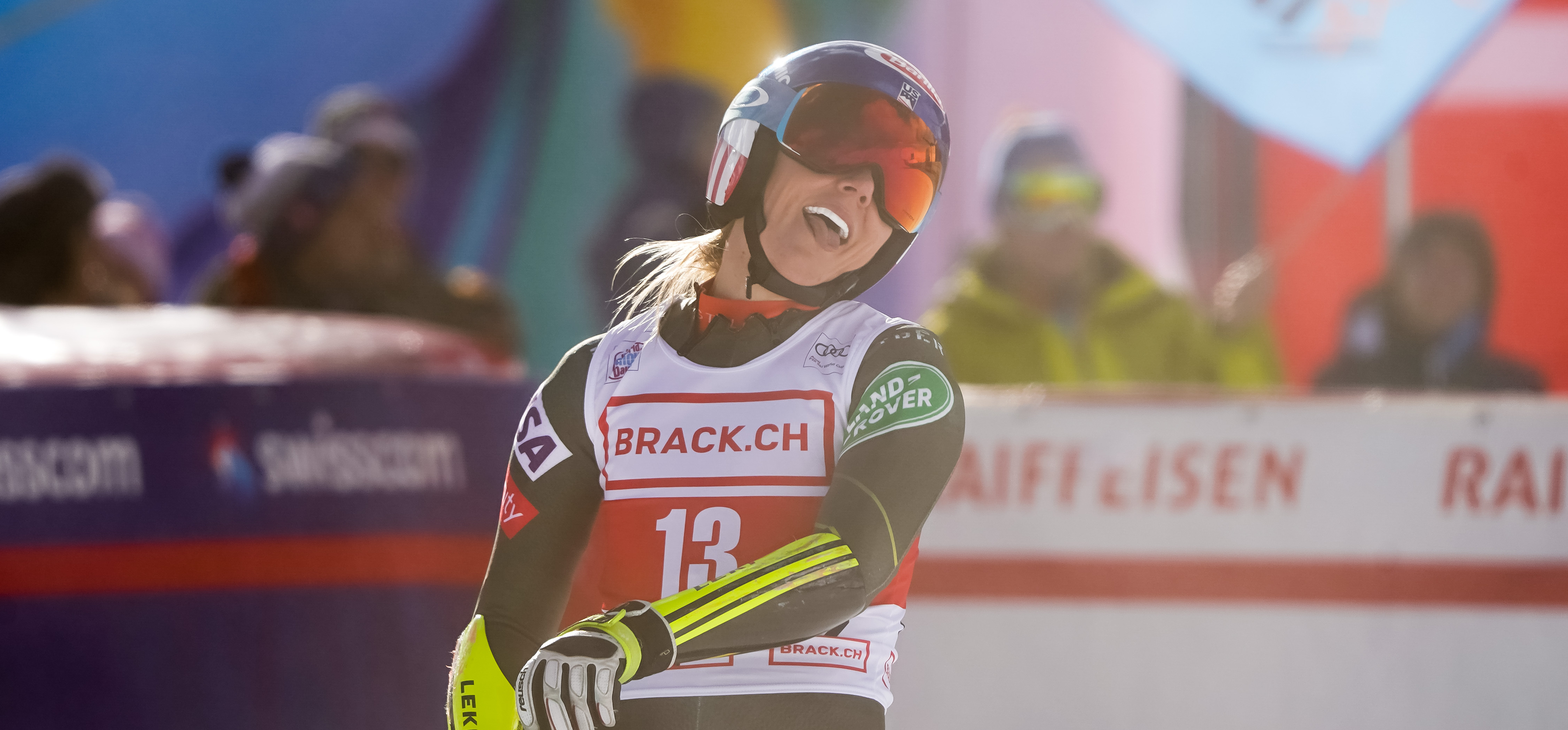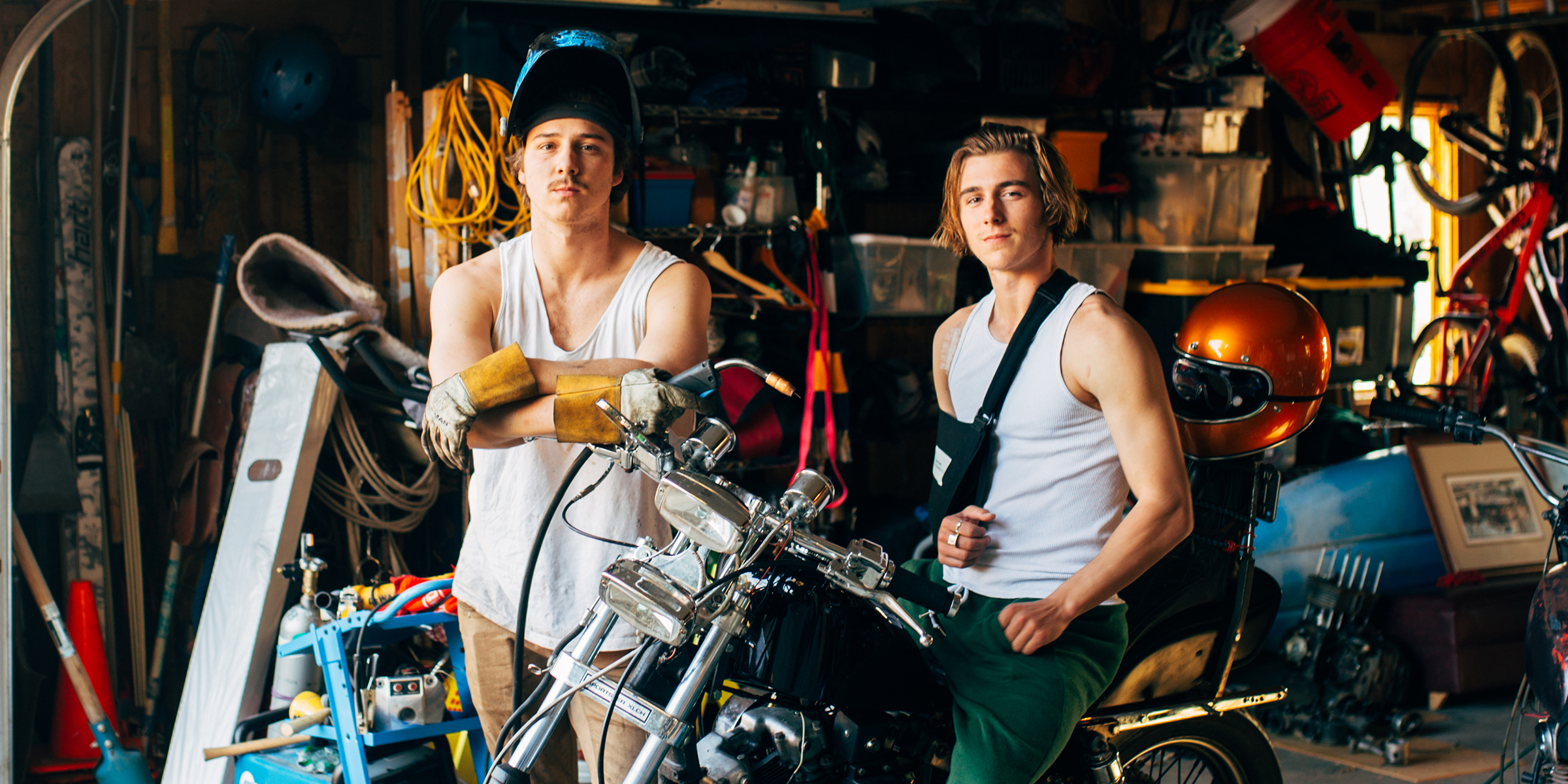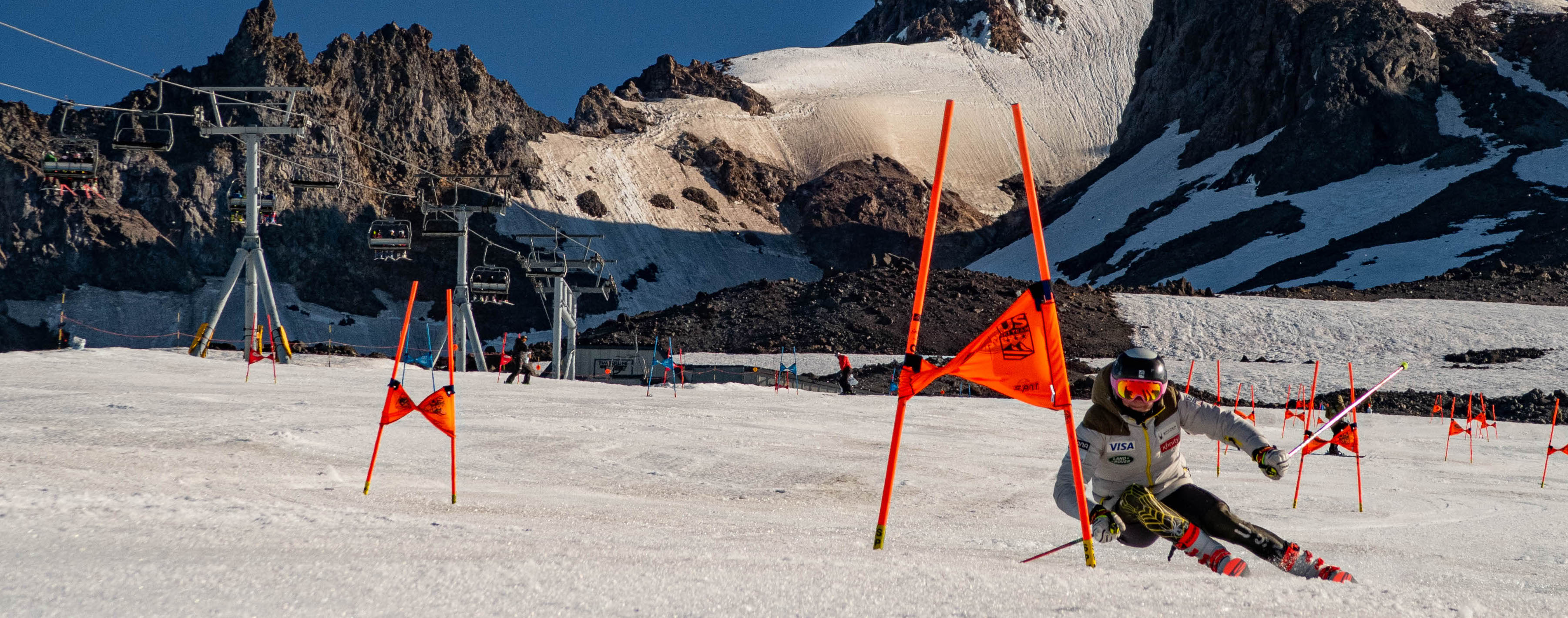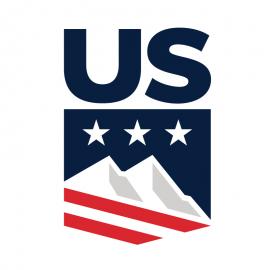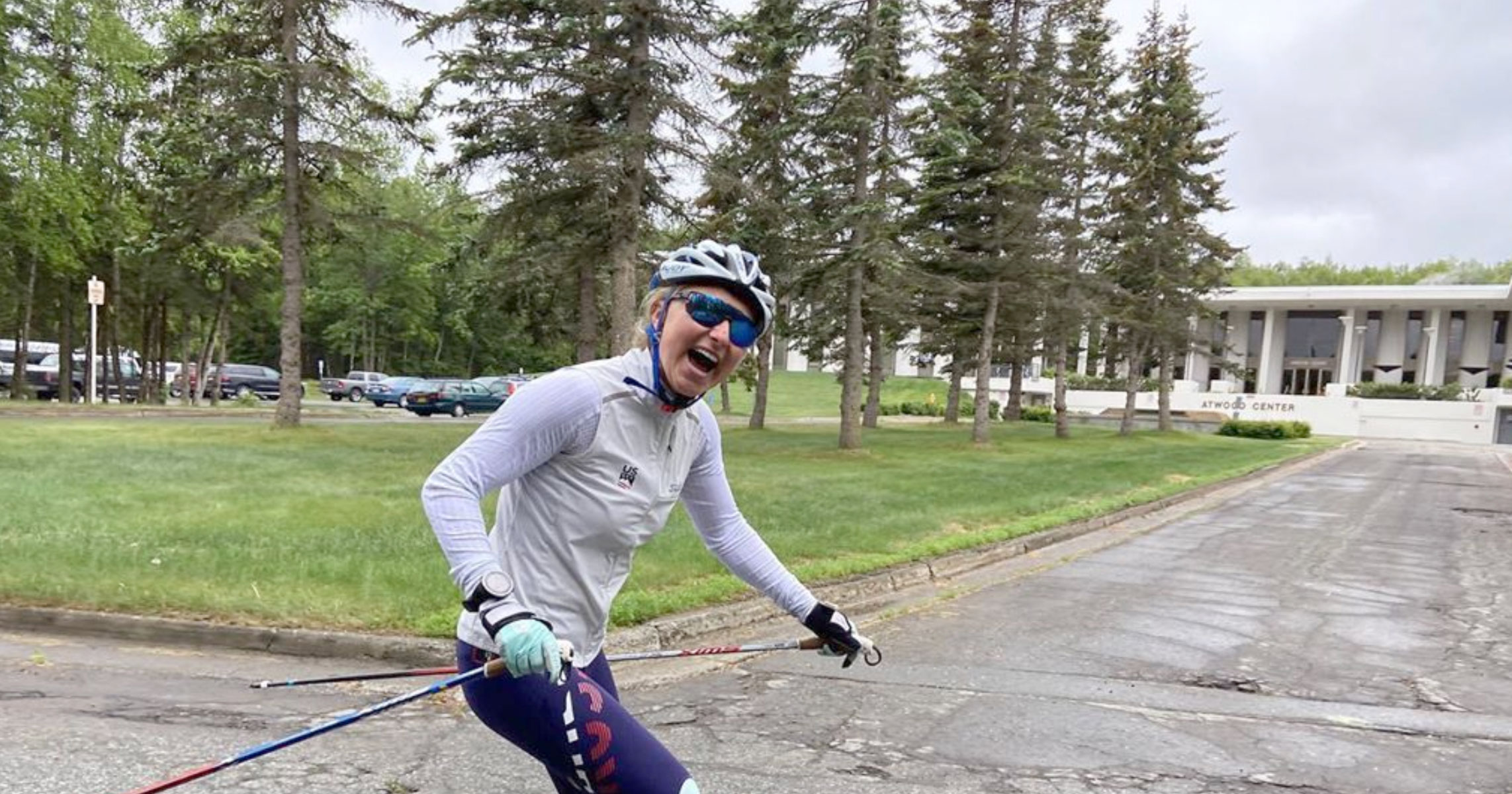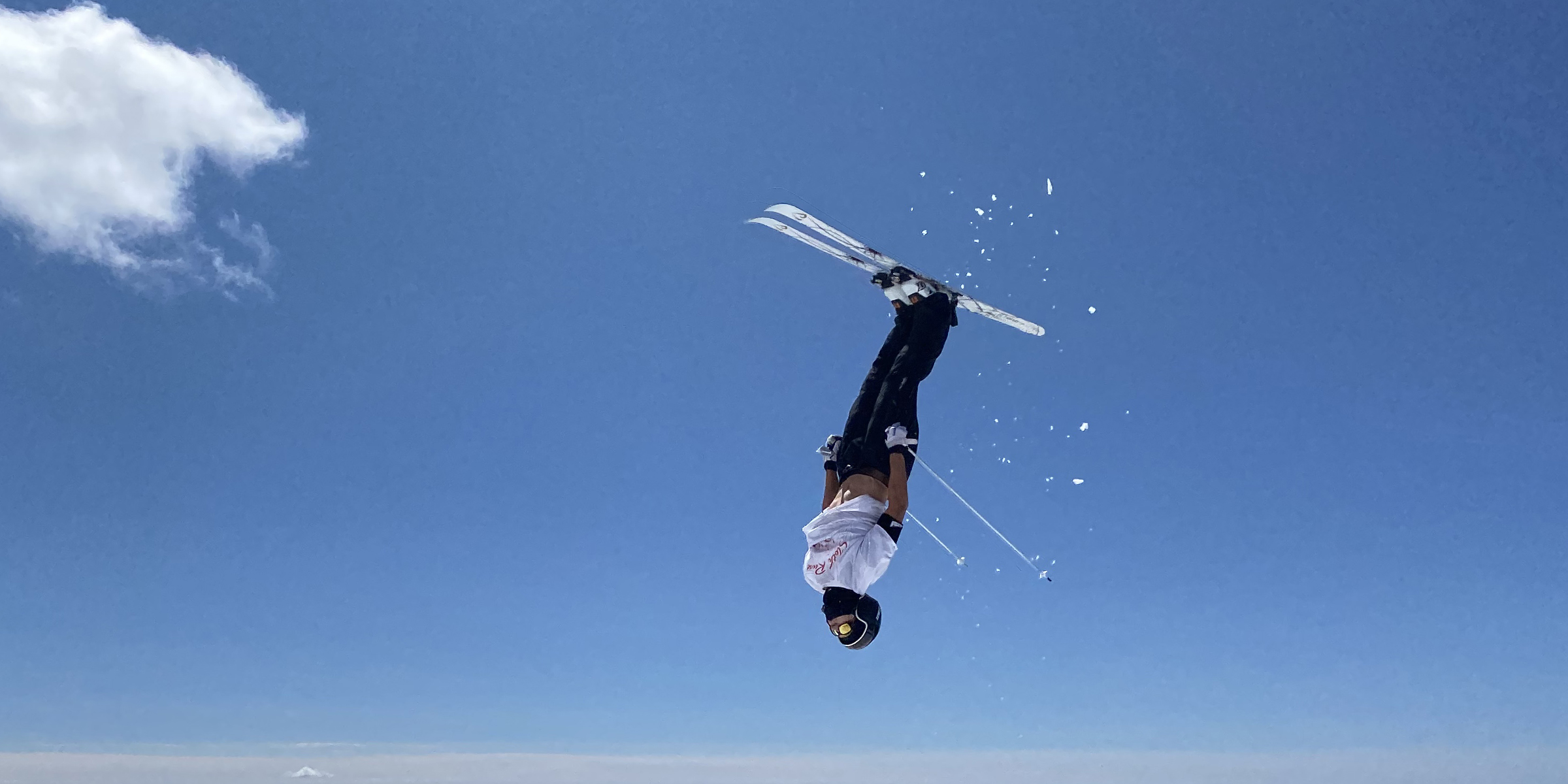Dear Cross Country Skiing Community,
In light of the ongoing COVID-19 pandemic, the U.S. Ski & Snowboard Cross Country staff has been meeting frequently with many members of our community, including the various event organizing committees, regional leaders, members of the U.S. Ski & Snowboard Cross Country Sport Committee, athlete representatives, etc. We have created solutions that work for our Cross Country community pertaining to competition this season amidst the ongoing pandemic. We are developing a robust calendar of racing that will continue to motivate, develop and provide qualifying opportunities for international competition for cross country athletes.
Decisions for all other U.S. Ski & Snowboard domestic event calendars will be made independently and based on an assessment of each sport’s unique set of circumstances and variables.
Modification of 2020-21 XC National Events Calendar
The U.S. Ski & Snowboard Cross Country Sport Committee has voted to formally restructure many of our national-level competitions for the 2020-21 season. This includes the SuperTour, U.S. National Championships, and the Junior National Championships. These events will be replaced with high-level regional and divisional competitions-including season ending Regional Junior Championship in each Region of the country, at the discretion of local organizing committees and regional governing bodies.
As such, these event organizers are no longer obligated to pay prize money equal to national levels of competition, nor will they be sanctioned as National Championship-level or Continental Cup (COC) level events. This will alleviate these organizers of the financial restraints that are tied to hosting a national-level event, which in most cases include attracting a significant number of participants required to balance their event budgets.
This decision has no bearing on NCAA competitions, which are governed separately by the NCAA. We recognize that this comes as challenging news for everyone in our community, but we have been working hard to create strong regional calendars and practical solutions to selection criteria.
Reasoning and Considerations:
- We recognize that the nature of the sport of the Cross Country ski racing in our nation has special considerations that are dissimilar to other U.S. Ski & Snowboard disciplines:
- Race Format: Even in individual start racing, social distancing challenges exist in race formats where athletes are in close proximity (i.e. passing each other) and therefore, do not easily allow for combined fields of athletes from different geographical regions.
- Lead Time: Some of our key Championships and selection events come early in the season, and likely too soon for a vaccine to be in place and widely available.
- Host Venue Regulations: A majority of existing cross country host venues have local regulations that create numerous challenges for hosting national level events. These venues cannot tolerate the financial risk in the event of a cancellation (see next point).
- Financial Model: The number of competitors required - sometimes in excess of 400 - for events to be financially viable.
·We have heard from multiple coaches and clubs that they don’t have the ability to currently travel to a given race location.
·By restructuring our national events calendar now, before the race season, local organizing committees, divisions, and regions are better positioned to start planning an effective and motivational race calendar for their area, potentially sanctioning races via U.S. Ski & Snowboard and/or the FIS to attract quality competition. We also assist our SuperTour, U.S. Nationals, and Junior Nationals organizing committee partners by allowing them to suspend portions of their planning and potentially avoiding the commitment of further financial and time investments.
·By developing strong regional calendars now, we take away some of the uncertainty surrounding the race season, providing athletes realistic targets to train for, while keeping them motivated for racing.
·We have already modified our selection criteria for all international events to consider regional racing, rather than national-level racing. We have the ability to consider races happening across the country, assess performances from those regional events, and name teams for international trips via discretion. We have already created Discretionary Selection Review Committees for all of these selections, as well as mechanisms to solicit community feedback from the divisions prior to many selections. This system will allow for stand-out regional and divisional competition results to be recognized and considered for international team selection. The move to utilize much more discretion in these selection criteria is intended as a fix during the current pandemic only, and we will return to criteria that focus principally on objective selection when we can.
Development of Regional, Divisional, and Local Competition Calendars
We have spent the past few months discussing the importance of developing robust regional, divisional and local race calendars with local organizing committees and regional leaders. In many cases, these regional leaders have been extremely proactive in calendaring races. Like all of us, they want to see local race calendars which motivate athletes and coaches, while providing a safe competition environment. I’d like to applaud all of the incredible foresight and creativity of our community in planning calendars. Many regions are in the process of sanctioning races with U.S. Ski & Snowboard and with the FIS to make sure there are high-quality events with point scoring opportunities within reach of every athlete. If you haven’t already, be sure to reach out to your coach or regional coordinator to find out what’s happening in your area.
Some divisional contacts are:
Alaska Anson Moxness anson.moxness@gmail.com
Far West Gus Johnson gus@asctrainingcenter.org
Great Lakes Yuriy Gusev yuriy.gusev@cxcskiing.org
High Plains Joe Friere leeann.freire@yahoo.com
Intermountain Rick Kapala rick@svsef.org
Midwest Joe Haggenmiller joe.h@cxcskiing.org
Mid-Atlantic Shane MacDowell shanem@nysef.org
New England Amie Smith amie@nensa.net
Pacific Zach Hill coachzachhill@gmail.com
Rocky Mountain Adam St. Pierre adam.stpierre@usskiandsnowboard.org
Similarly, the U.S. Ski & Snowboard Cross Country staff, in conjunction with the Cross Country Sport Committee, have modified the selection criteria to every international competition to allow for selection from racing across the country, including regional and divisional events, and to make sure that we have contingencies built into each criterion that ensure that no athletes nor performances are overlooked. Details are below.
Selection to the 2021 Oberstdorf Nordic World Championships
The current draft of the 2021 WSC selection criterion can be found here: https://usskiandsnowboard.org/sport-programs/criteria/cross-country-world-championships-criteria
We are still waiting for the 2020-21 World Cup Calendar to be finalized in late September before this criterion can be completed. However, beyond the objective selections that will be made from World Cup competition, this criterion still includes the ability to select athletes via discretion from regional and divisional racing conducted across the country in the first half of this season. We will fill our starts at the World Championships selecting athletes via discretion from both World Cup and regional/divisional racing from across the United States during the selection period. This criterion also already includes the use of a Discretionary Selection Review Group to analyze and ratify all discretionary selections:
All discretionary selections will be documented and appropriate forms will be available for record keeping purposes. All discretionary selections will be reviewed by a discretionary selection review group comprised of the U.S. Ski & Snowboard President and CEO, the Chair of the U.S. Ski & Snowboard Cross Country Sport Committee, and the athlete representative from that sport who is a member of the U.S. Ski & Snowboard Board of Directors. If the Chair of the U.S. Ski & Snowboard Cross Country Sport Committee feels that he or she needs to be recused from the discretionary selection review group due to a conflict of interest surrounding the selection of an athlete or athletes, they may delegate their role to the Chair of the U.S. Ski & Snowboard Cross Country Coaches’ Subcommittee. If the U.S. Ski & Snowboard Board Athlete Representative is also a currently competing athlete then another athlete, who is not actively competing, will be selected by the Athletes’ Council to be the representative in this group.
Current members of the Discretionary Selection Review Group are:
U.S. Ski & Snowboard President and CEO Tiger Shaw
Chair of the U.S. Ski & Snowboard Cross Country Sport Committee Cami Thompson-Graves
Athlete Representative appointed by the AAC Holly Brooks
Any athlete who feels that they may have had a performance overlooked, also has the ability to petition the Discretionary Selection Review Group directly for discretionary nomination consideration:
Athletes may also petition directly to the Selection Committee to be considered for discretionary selection by submitting, in writing, a petition including any rationale to the U.S. Ski & Snowboard President and CEO (tiger.shaw@usskiandsnowboard.org)before 8:00 AM Mountain time on January 17, 2021.
Selection to the 2020-21 World Cup
The current draft of the 2020-21 World Cup selection criterion can be found here:
https://usskiandsnowboard.org/sport-programs/criteria/cross-country-world-cup-criteria
Like the Oberstdorf WSC criterion, we are still waiting for the 2020-21 World Cup Calendar to be finalized in late September before this criterion can be completed. Our discretionary World Cup selection methods are already in place, understood by the community, and well-equipped to select a large number of athletes from regional and divisional racing across the country. As you may know, we have created Working Group Guidelines for discretionary selection, and they can also be found at the link above.
The Working Group for discretionary selections is:
Dakota Blackhorse-von Jess U.S. Ski & Snowboard Athlete Rep
Tad Elliott U.S. Ski & Snowboard Athlete Rep
Cami Thompson-Graves U.S. Ski & Snowboard XC Sport Committee Chair / Dartmouth College
Austin Caldwell CU
Dragan Danevski MEA
Erik Flora APU
Joe Haggenmiller CXC
Chris Mallory SVSEF
Pepa Miloucheva CGRP
Pat O’Brien SMS
Dan Weiland SSCV
Kate Barton U.S. Ski Team
Jason Cork U.S. Ski Team
Matt Whitcomb U.S. Ski Team
Chris Grover U.S. Ski Team
Nominations are then reviewed by a discretionary selection review group comprised of:
Dakota Blackhorse-von Jess U.S. Ski & Snowboard Athlete Rep
Tiger Shaw U.S. Ski & Snowboard CEO
Bryan Fish U.S. Ski & Snowboard XC Sport Development Manager
Modification of Development Competition Selection Criteria
Due to the restructuring of the national race calendar, the U.S. Ski Team Cross Country Staff and the U.S. Ski & Snowboard Cross Country Sport Committee have been modifying all of our development selection criteria, including the World Junior, U23 World Champs, U18 Nordic Nation’s Champs, and Europa Cup (OPA) criteria. As in the World Champs and World Cup criteria, our goal is to ensure that the development-level criteria are viable and effective in a regional and divisional racing model. As you may know, selection to three of these development trips is traditionally conducted almost exclusively at the National Championships. Please see the finalized criteria which have been approved by the Sport Committee: https://usskiandsnowboard.org/crosscountry
Some of the first changes you’ll see in these criteria are in the formatting or general language of the criteria, where we’ve added language that more clearly mirrors that of our World Championship and Olympic criteria.
The main change is that we’ve removed language that limits our ability to use discretion to select the team (in some criterion previously no more than 25% of a team could be selected via discretion). We are now prepared for a regional racing model, and the need to use up to 100% discretion to nominate a team. We will be looking across the country to divisional and regional races to select top performers from different events, as well as potentially selecting several top-performing athletes based on results at WJC/U23s/World Cup, etc. the previous season. But in these scenarios, all or nearly all selections will need to be discretionary. To make this process fair, we’ve created a Discretionary Selection Review Committee, much like we have in place for the World Nordic Championships and the Olympic Winter Games. U.S. Ski Team coaches Bryan Fish and Kate Barton will nominate the different development-level teams as normal, and then send the nominations to the Discretionary Selection Review Committee, who will review the nominations and either approve them or reject them.
Here’s the specific language:
All discretionary selections will be documented and appropriate forms will be available for record keeping purposes. All discretionary selections will be reviewed by a discretionary selection review group comprised of the U.S. Ski & Snowboard Cross Country Program Director, the Chair of the U.S. Ski & Snowboard Cross Country Sport Committee, and the athlete representative from that sport who is a member of the U.S. Ski & Snowboard Board of Directors. If the Chair of the U.S. Ski & Snowboard Cross Country Sport Committee feels that he or she needs to be recused from the discretionary selection review group due to a conflict of interest surrounding the selection of an athlete or athletes, they may delegate their role to the Chair of the U.S. Ski & Snowboard Cross Country Coaches’ Subcommittee. If the U.S. Ski & Snowboard Board Athlete Representative is also a currently competing athlete then another athlete, who is not actively competing, will be selected by the Athletes’ Council to be the representative in this group.
We’ve also added language that allows an athlete to petition the Cross Country Program Director (me) directly if they feel that they have been overlooked by the coaches in the nomination process. I will then document that petition and correspondence and take it to the Discretionary Selection Review Committee for discussion and review. This will ensure that all athletes have a chance to have their results considered. That language is:
Athletes may also petition directly to the Selection Committee to be considered for discretionary selection by submitting, in writing, a petition including any rationale to the U.S. Ski & Snowboard Cross Country Program Director (chris.grover@usskiandsnowboard.org) before 4:00 p.m. Mountain Standard Time on January 6, 2021. In the event that U.S. Nationals is cancelled, and the majority or all of the team must be selected via discretion, this petition period may be closed on December 20, 2020, to give nominated athletes time to procure necessary EU entrance visas.
Note that there are differences in selection dates and petition deadlines depending on which criterion it is (i.e. WJC or U18 vs. U23). Also, at this time it is possible that athletes and staff traveling to Europe this winter may need additional time to procure any necessary travel arrangements or travel documents.
As we look to regional racing to make discretionary selections to the WJC, U23, and U18 trips, we recognize that it is important to have regional representatives review the possible nominations prior to sending them to the Discretionary Selection Review Committee. Our goal is to make sure that no athlete from any division is overlooked and no outstanding local or divisional performance is missed. To accomplish this, we will be sending potential nominations to the divisional representatives listed below for feedback before nominating those teams. Although these Working Group members are not voting, they will be able to share opinions, raise concerns, and bring athletes and performances to the attention of the U.S. Ski Team coaching staff and the Discretionary Selection Review Committee.
Those divisional representatives are:
Joe Haggenmiller (MW)
Zach Hill (PNSA)
Gus Johnson (FW)
Ja Dorris (AK)
Josh Smullin (RM)
Becca Watson (HP)
Rick Kapala (IM)
Justin Beckwith (NE)
Shane McDowell (MA)
Tom Smith (GL)
As always, if you have any questions or concerns, please feel free to reach out to me directly.
Sincerely,
Chris Grover
Cross Country Program Director
U.S. Ski & Snowboard
chris.grover@usskiandsnowboard.org
(435) 640-8545
